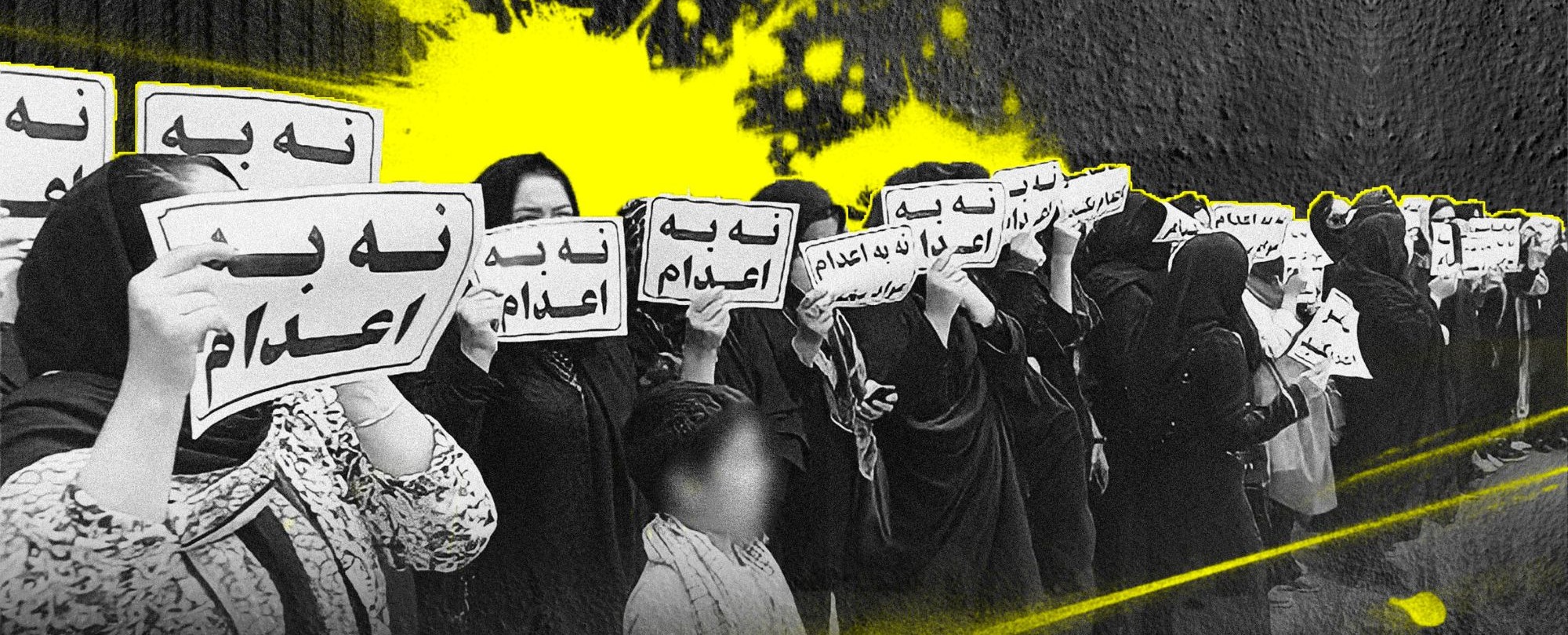Ahead of the presentation of the UN Secretary-General’s report on Iran on 16 October 2025 and the combined briefings of the UN Special Rapporteur and the UN Independent Fact-Finding Mission on Iran to the Third Committee of the UN General Assembly on 30 October 2025, Amnesty International’s Deputy Regional Director for the Middle East and North Africa, Hussein Baoumi, said:
“UN Member states must confront the Iranian authorities’ shocking execution spree with the urgency it demands. More than 1,000 people have already been executed in Iran since the beginning of 2025 – an average of four a day. Since the Woman Life Freedom uprising of 2022, the Iranian authorities have increasingly weaponized the death penalty to instill fear among the population, crush dissent and punish marginalized communities. This year, executions have reached a scale not seen in Iran since 1989.
“The use of the death penalty for drug-related offences continues at a horrifying rate, in blatant breach of Iran’s obligations under international law. Executions are being carried out following grossly unfair trials held behind closed doors, amid widespread patterns of torture and forced ‘confessions’.
Normalizing execution of hundreds each year
“For years, Iranian authorities have sought to normalize the execution of hundreds of people each year, but this grotesque assault on the right to life must not be treated like business as usual while hundreds of families mourn their loved ones and the lives of thousands more on death row are at risk. Even by Iran’s own bleak record, this is a grim moment that demands a serious and coordinated international response.
“We call on all UN member states to urgently speak up, including by making strong oral statements during the upcoming Third Committee Interactive Dialogue on Iran. States must demand that the Iranian authorities immediately halt all executions, quash death sentences imposed after unfair trials, revoke lethal anti-narcotic laws, and establish an official moratorium with a view to fully abolishing the death penalty. We also call on the United Nations Office on Drugs and Crime (UNODC) and the International Narcotics Control Board (INCB) to pressure the Iranian authorities to reform their drug control policies in a way that respects human rights.
“Given the systemic impunity prevailing in Iran for serious human rights violations, we also urge states to pursue accountability measures, including by initiating criminal investigations under universal jurisdiction into torture and other crimes under international law committed in Iran, with a view to issuing arrest warrants for officials against whom there is evidence of criminal responsibility.”
Background on those at risk of execution in Iran
The thousands of people at risk of execution in Iran include those sentenced for drug-related offences in violation of international law, which restricts the use of the death penalty to only ‘the most serious crimes’ involving intentional killing, as well as others sentenced to death on vaguely defined charges such as “enmity against God” and “corruption on earth” in politically motivated cases.
Executions in Iran consistently follow grossly unfair trials, including before Revolutionary Courts, which lack independence and collude with security and intelligence forces to sentence people to death. Oppressed ethnic minorities and communities from lower socioeconomic backgrounds, including Afghans, Ahwazi Arabs, Baluchis, and Kurds, are disproportionately impacted by executions.
Amnesty International opposes the death penalty in all cases without exception regardless of who is accused, the nature or circumstances of the crime, guilt or innocence, or the method of execution. The death penalty violates the most fundamental human right – the right to life. It is the ultimate cruel, inhuman and degrading punishment.
What you can do
Support our campaign: sign the petition to defend the thousands of people at risk of execution in Iran.






















